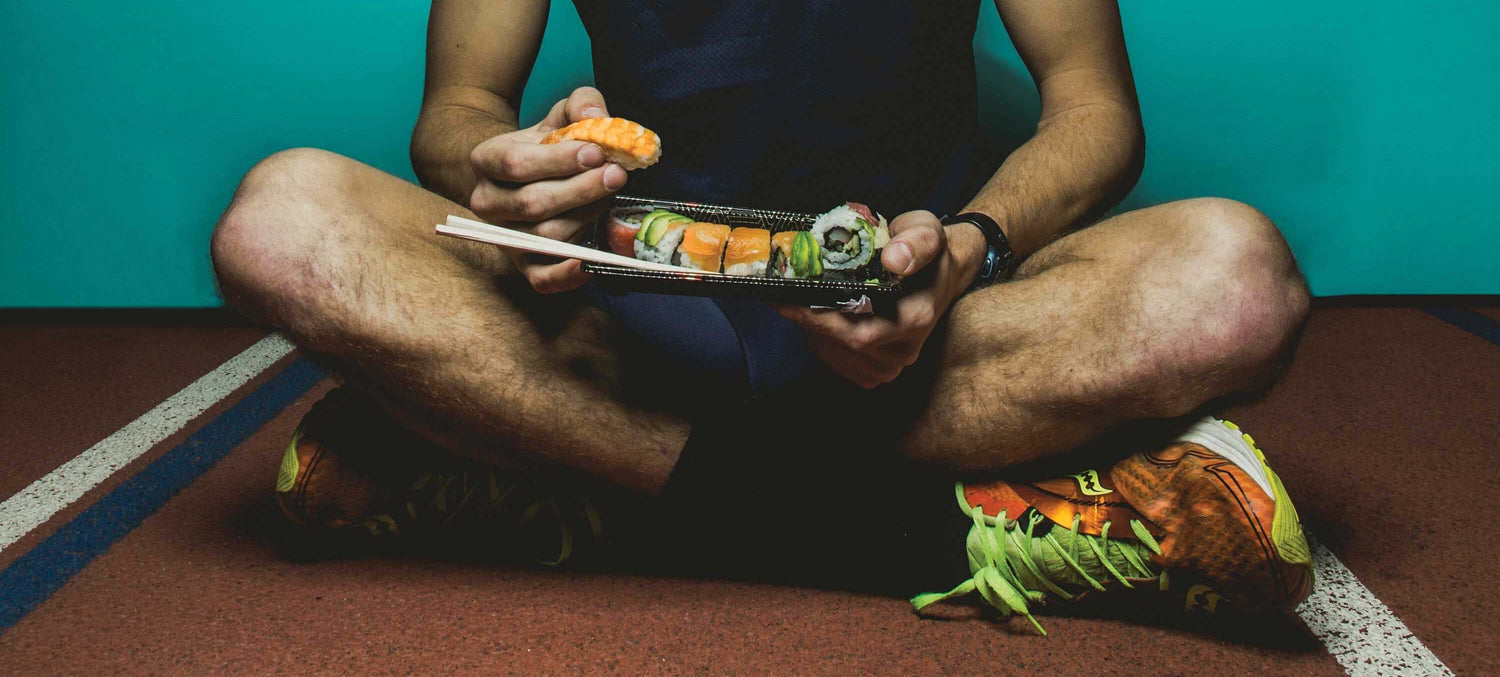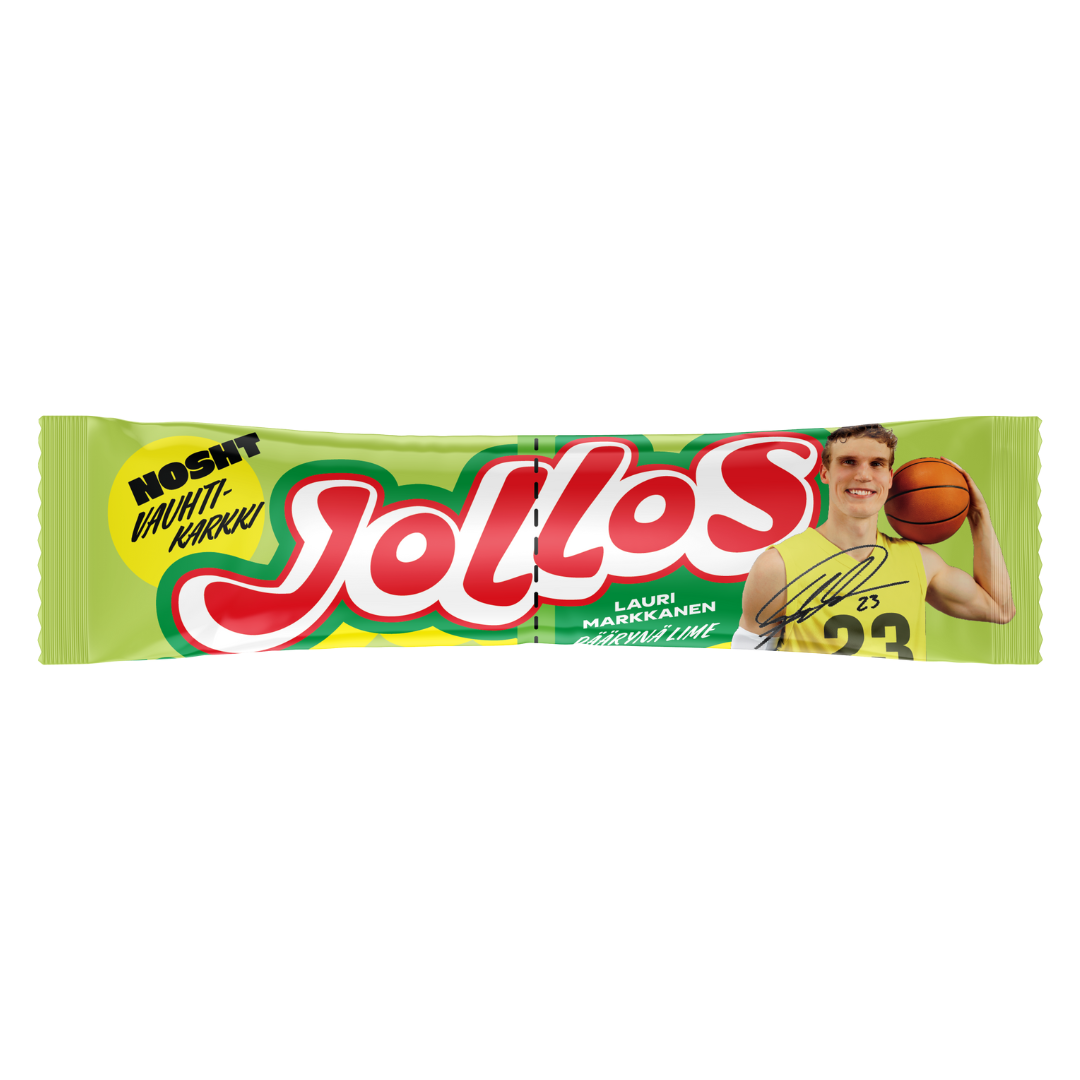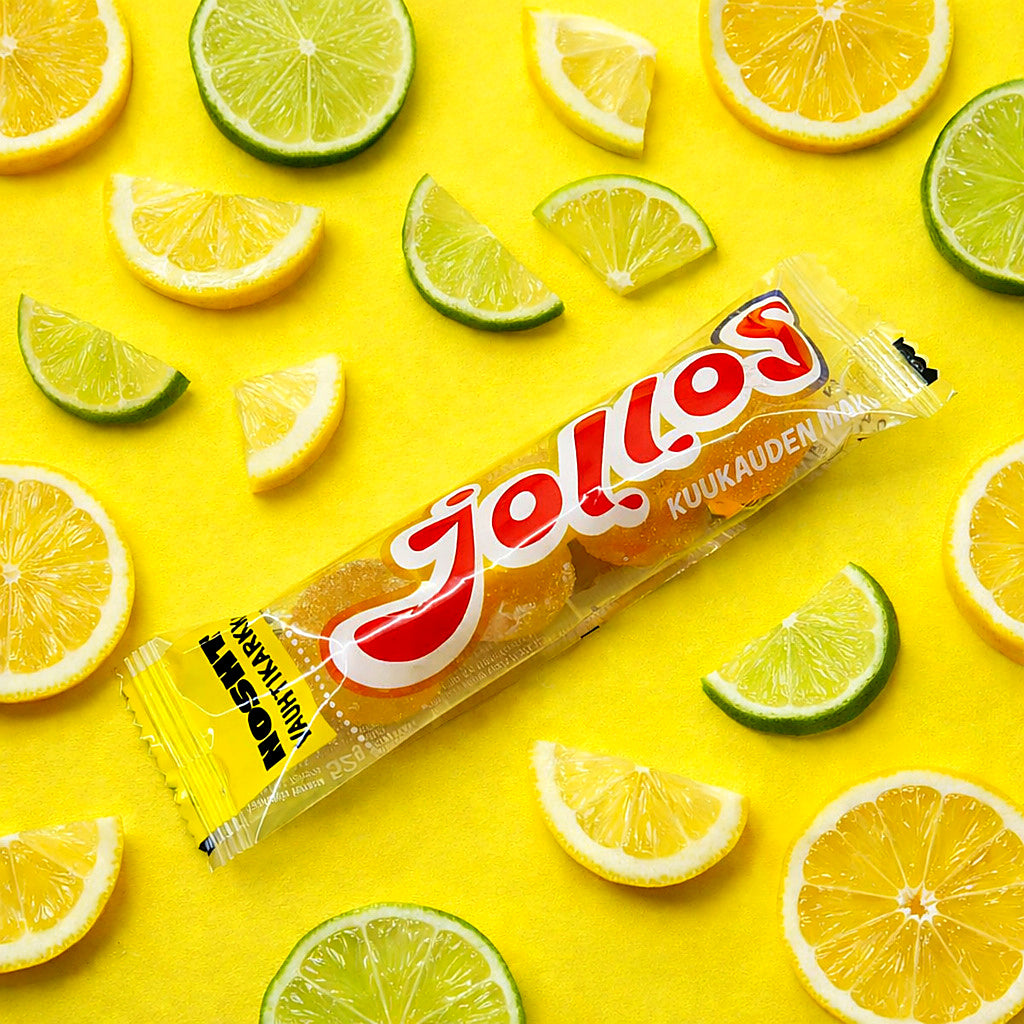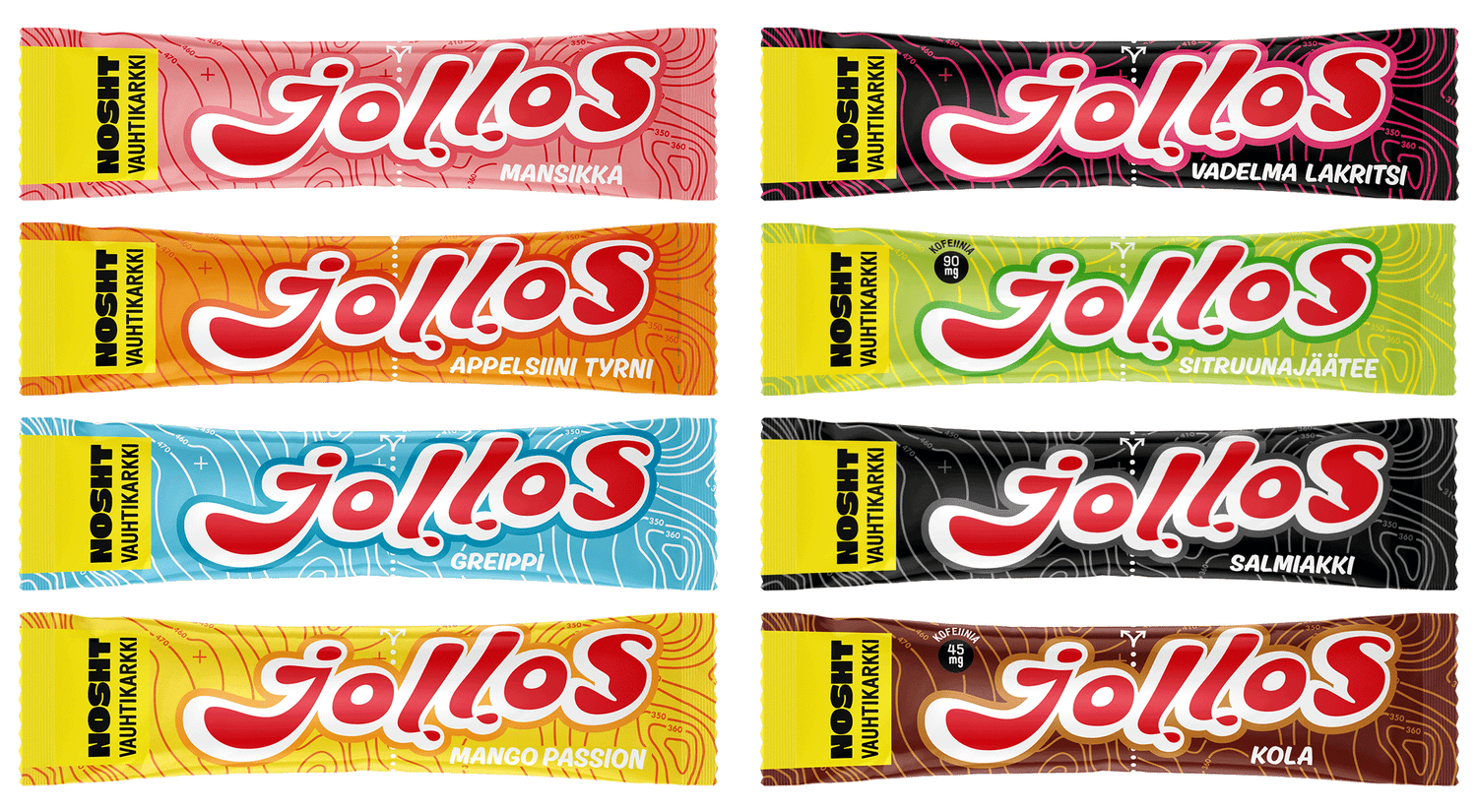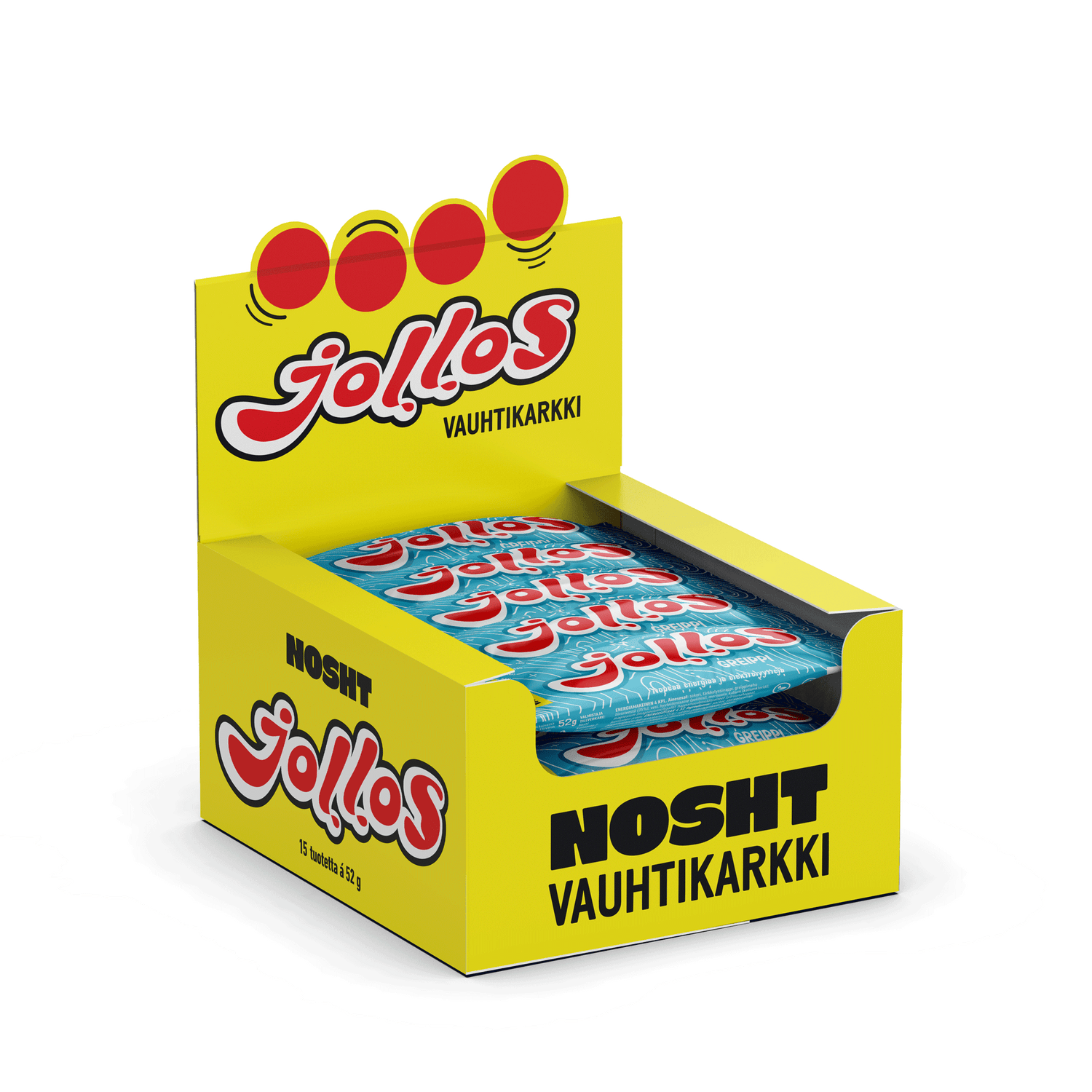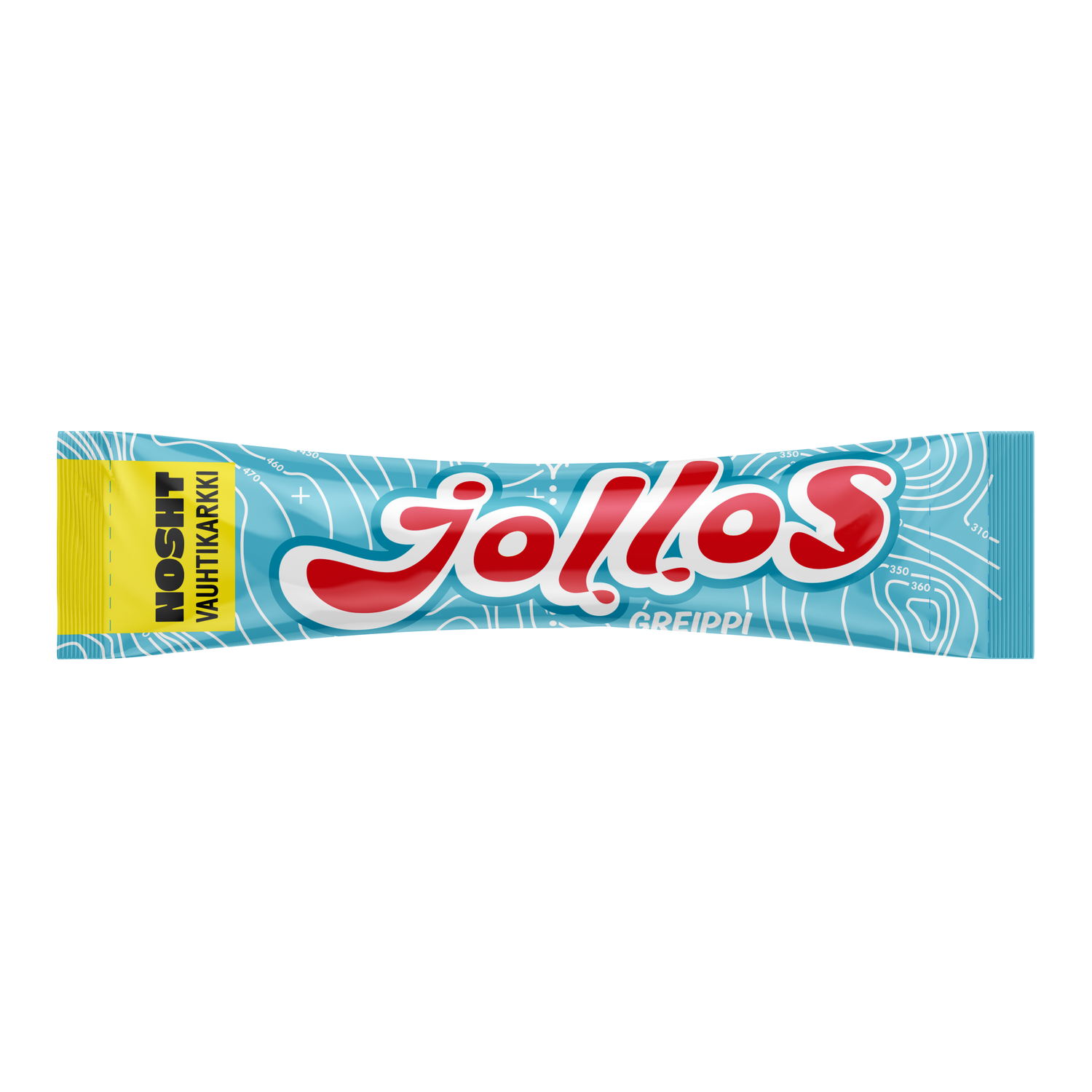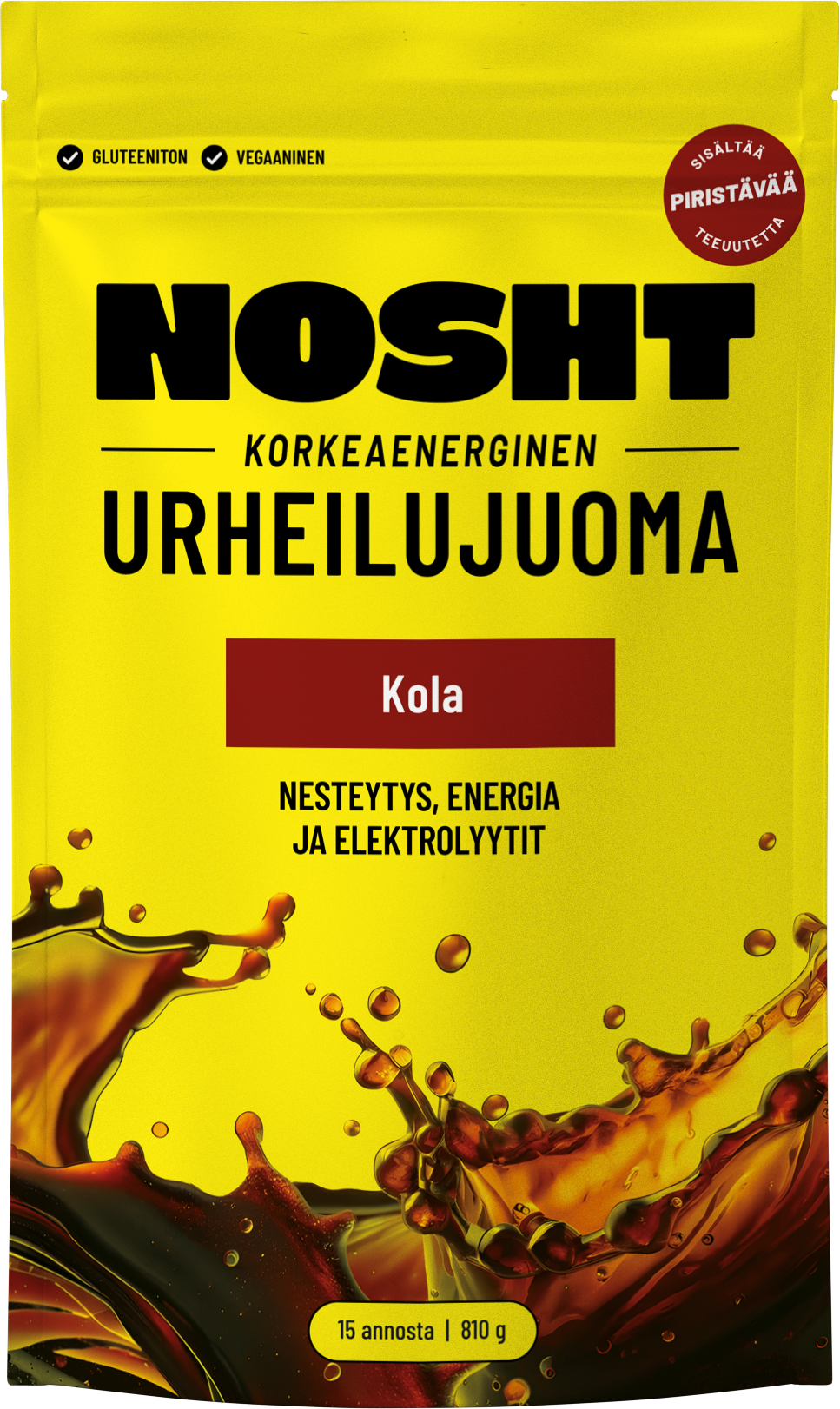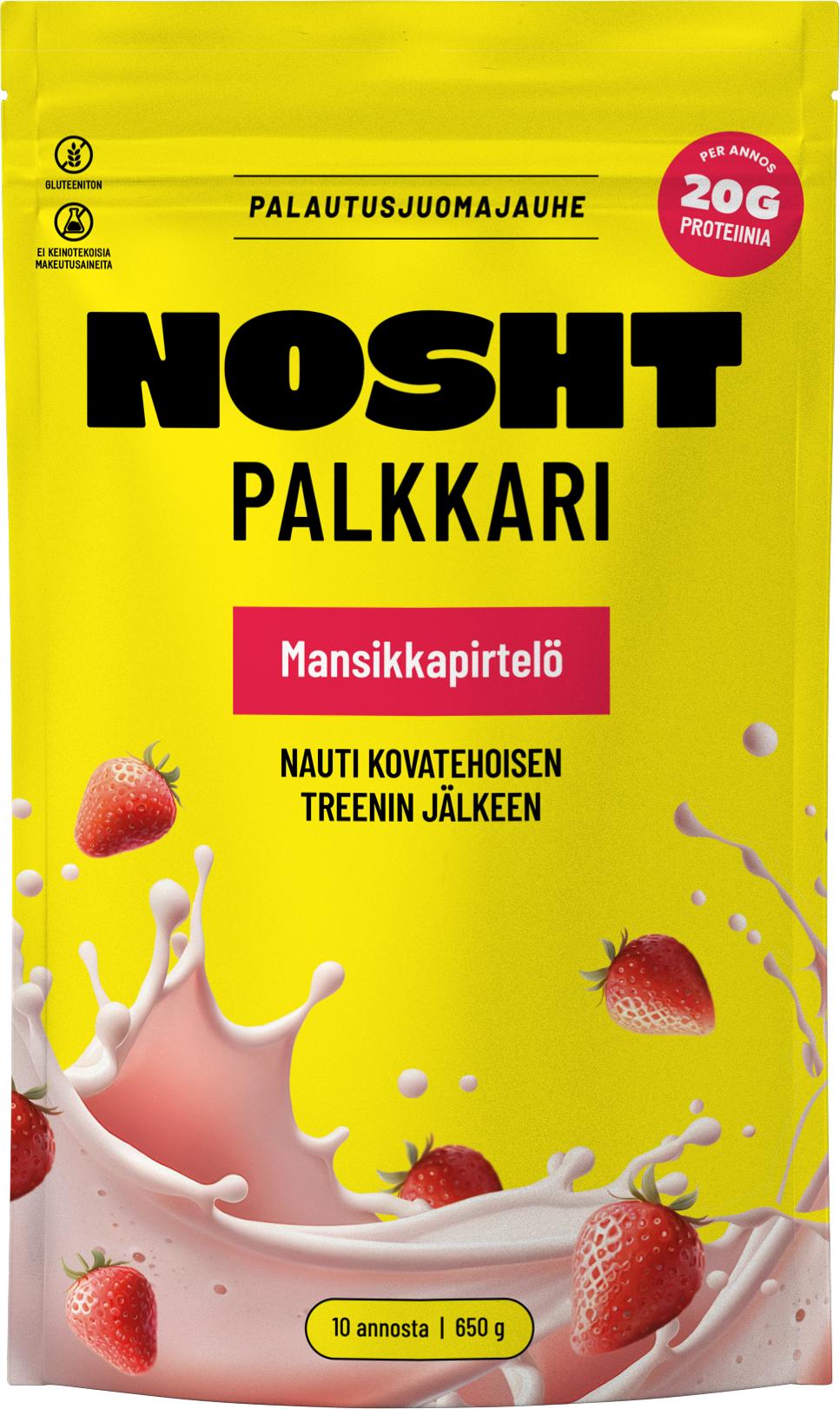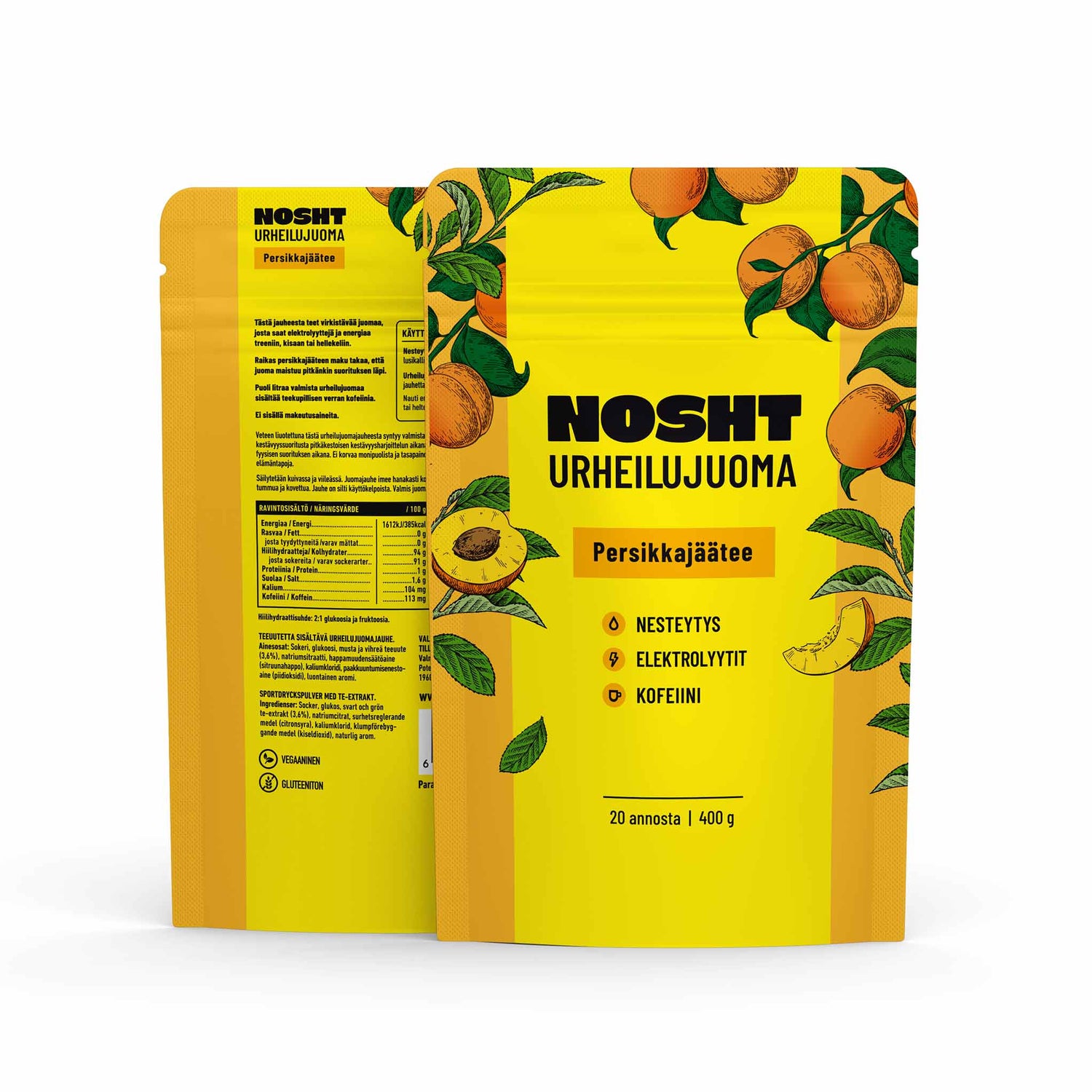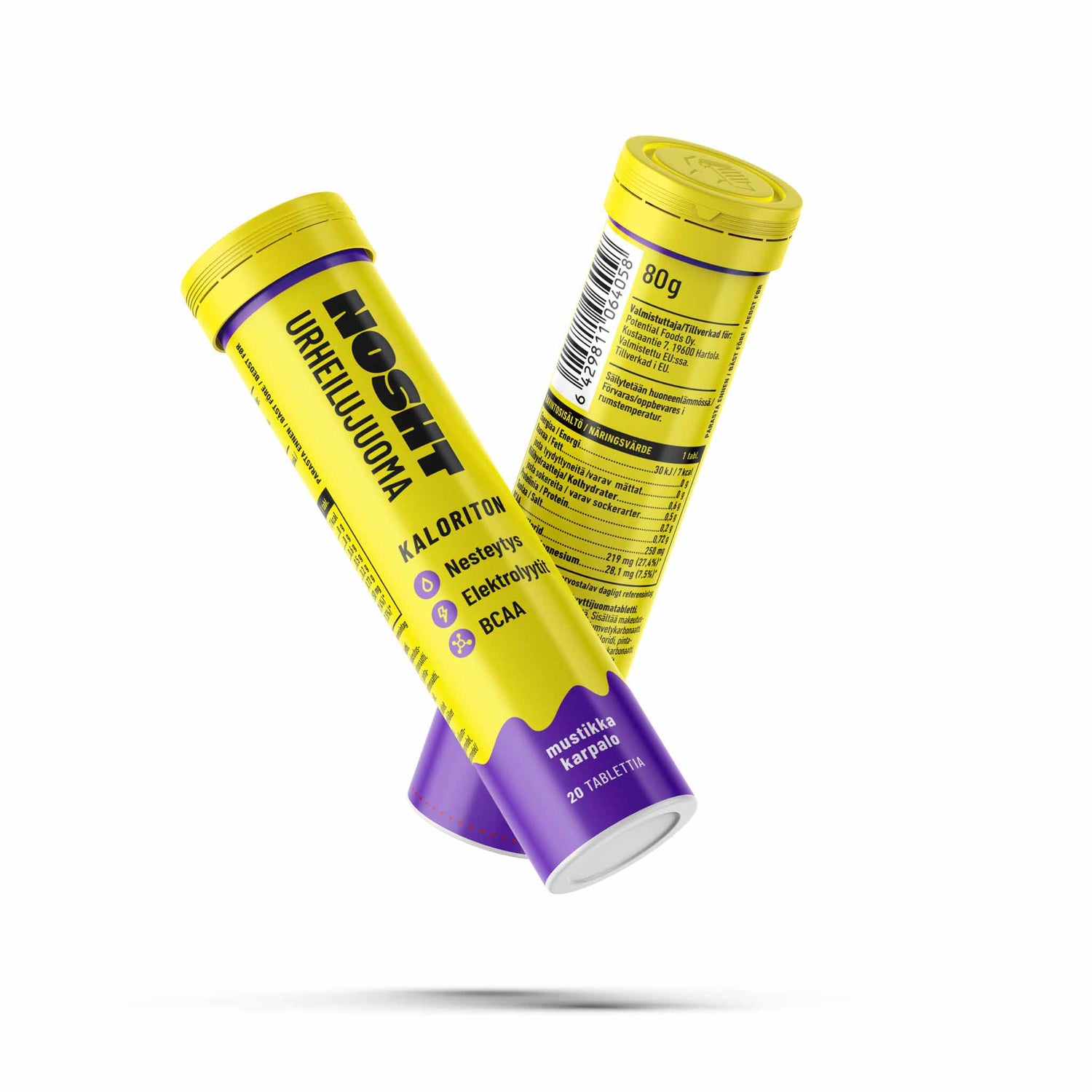A short term low-FODMAP diet can be beneficial for athletes who suffer from stomach issues during training and racing.
There are certain “rules” to follow when it comes to avoiding gastrointestinal (GI) issues during training and racing. How important it is to adhere to these rules is highly individual, but athletes who are prone to GI-issues are more likely to benefit from following these rules than people who seldom experience any GI-issues during training and racing.
The rules or recommendations I’m talking about are the more well-known recommendations of avoiding high amounts of fibre, fat, protein and caffeine before and during exercise, but also limiting the amount of FODMAPs you ingest the days before and during training and racing.
What are FODMAPs?
FODMAPs is an acronym for fermentable oligosaccharides, disaccharides, monosaccharides and polyols. These poorly digested and absorbed carbohydrates can cause bloating, stomach cramps and other gastrointestinal (GI) symptoms in both individuals with GI-disorders like Irritable bowel syndrome (IBS) or otherwise healthy individuals.
The FODMAP diet is an elimination diet traditionally recommended for patients with IBS but more recent studies have found a short term low-FODMAP diet beneficial even for athletes and especially athletes who suffer from GI-issues during training and racing. (More about FODMAPs and IBS in the blog post Irritable bowel syndrome and endurance sports).
When it comes to pre-exercise nutrition, the recommendation for everyone is to avoid excess fibre and fat since these nutrients take longer to digest and also slow down the breakdown of other nutrients like the carbohydrates we ideally want to have in our muscles and blood for energy during activity. An athlete with IBS might also want to eliminate high-FODMAP foods from the pre-training and racing meals. This may require more planning since it has to be done without compromising sufficient carbohydrate availability for the planned physical activity.
Some low-fibre, low-FODMAP sources of carbohydrates are potatoes, rice, rice cakes, oatmeal, corn flake cereal, teff and buckwheat. All fruits can cause problems if consumed in large amounts but one serving of not too ripe bananas, oranges, cantaloupe or honeydew melons or berries usually work well. Fruit juice and dried fruits are high in fructose and can also trigger symptoms in large amounts, but this is also something that athletes need to experiment with during training.
The carbohydrate requirement during training and racing depends on the length and intensity of the activity. The nutrition strategies for racing should always be practised in training. Carbohydrate intake during exercise isn’t necessary for workouts that are less than 60 minutes or very low-intensity exercise lasting up to 75 minutes. Water is often sufficient during these workouts and races, but carbohydrate needs to be ingested if your planning on staying active for longer and especially if you want to perform well beyond 75 minutes of endurance exercise.
Many common sports products (e.g. sports drinks, gels and bars) include FODMAPs. This is why it is important for the endurance athlete to train with nutrition to find which products work and which don’t during intense activity. For athletes competing in longer, less intense events it might also be worth experimenting with making your own sports nutrition bars or jellies or buying ones with low FODMAP-ingredients.
Both carbohydrate and protein need to be part of a balanced recovery meal after physical activity. The muscle cells are more receptive to glucose and amino acids (from protein) right after exercise so the quicker you can get a recovery meal or a snack after finishing a session or race, the better. Since FODMAPs are carbohydrates, most protein sources like meats and fish are low-FODMAP. Lactose-free dairy is also a good option for post-workout-protein.
FODMAPs before exercise
Nutritional strategies before training and racing for optimizing performance – with implications to FODMAPs:
- Aim to eat a carbohydrate-rich meal 1-4 hours before exercise to top up your liver and muscle glycogen storage, prevent hunger and boost motivation and concentration
- The recommended amount of carbohydrate in the pre-exercise meal depends on the time between the meal and the activity. An easy rule is 1 gram per kg body weight of carbohydrate per hour meaning 1 g/kg (70 grams or a 70kg athlete) if the meal is eaten one hour before and 3g/kg if the meal is eaten 3 hours before the activity
- Minimize high-fat, fibre and protein-rich foods to prevent feeling uncomfortably full since these foods take longer to digest. Choose rice, moderate amounts of low-FODMAP fruit and/or vegetables, low-fibre and gluten-free bread/crackers, potato, oat-based bars, oatmeal, granola, fruit flavoured lactose-free yoghurt etc.
- Choose liquid forms of carbohydrate if that works better for you than solid foods (e.g. making a smoothie with low-fat lactose-free milk or oat milk, half a banana, berries and some maple syrup or sugar)
- Show up on the start line well hydrated and aim to maintain hydrating through sufficient fluid intake (avoiding over-hydrating)
FODMAPs during exercise
Nutritional strategies during training and racing for optimizing performance – with implications to FODMAPs:
- For moderate to high-intensity exercise lasting up to 75 minutes: small amounts of carbohydrates in fluid or solid form (by preference) with single or multiple transportable carbohydrates (glucose or glucose+fructose, but be careful not to choose a sports drink with more fructose than glucose)
- Endurance or high-intensity exercise lasting up to 2,5 hours: 30-60g of carbohydrate per hour: multiple transportable carbohydrates in liquid form (or solid if tolerated), avoid fructose-only foods and consuming carbohydrate in larger amounts than 60g per hour to avoid GI-issues. Gel, sports drink, low-FODMAP sports bars etc. are all good options depending on individual tolerance. The carbohydrate concentration of a sports drink should not exceed 8%, ideally, it should be 3%-6%. High carbohydrate solutions can impair gastric emptying during exercise.
- Endurance and ultra-endurance exercise lasting longer than 2,5 hours: 60-90g of carbohydrate per hour, multiple carbohydrates are recommended. Nutritional strategies have to be practised in training. Sports products like gels, bars, chews etc. in combination with sports drinks and electrolytes can be used alone or together with real foods such as fruit, potatoes or homemade bars depending on the intensity of activity and individual tolerance
- Consume foods and drinks often and in small amounts rather than seldom and in large amounts
FODMAPs after exercise
Nutritional strategies after training and racing for optimizing recovery – with implications to FODMAPs:
- Start rehydrating immediately
- Prioritize high-quality protein and moderate- to high-glycemic carbohydrates avoiding high-fat foods the first 2 hours after a race for optimal recovery (fat slows down the digestion of the carbohydrate and protein)
- Aim for 20 grams of protein and 60-90grams of carbs, eat a recovery snack if it’s going to take a while until you have a more substantial meal.
- Examples of recovery meals/snacks: chocolate milk (lactose free dairy or soy) and banana, cooked rice with fish/chicken/tofu/eggs, lactose free yogurt or cottage cheese with nut butter and fruit, a sandwich with turkey/chicken or low fat cheese or nut butter and berries/fruit etc.
The writer of this article, Emma Juslin, is a registered dietitian and sports nutritionist working with individuals with food allergies and intolerances. She is currently training for her first full Ironman and enjoys baking gut-friendly meals and snacks to fuel her training. She can be found as @tridietitianemma on Instagram and nutritionconsultingemma@gmail.com.
Check out all recipes and articles here.
